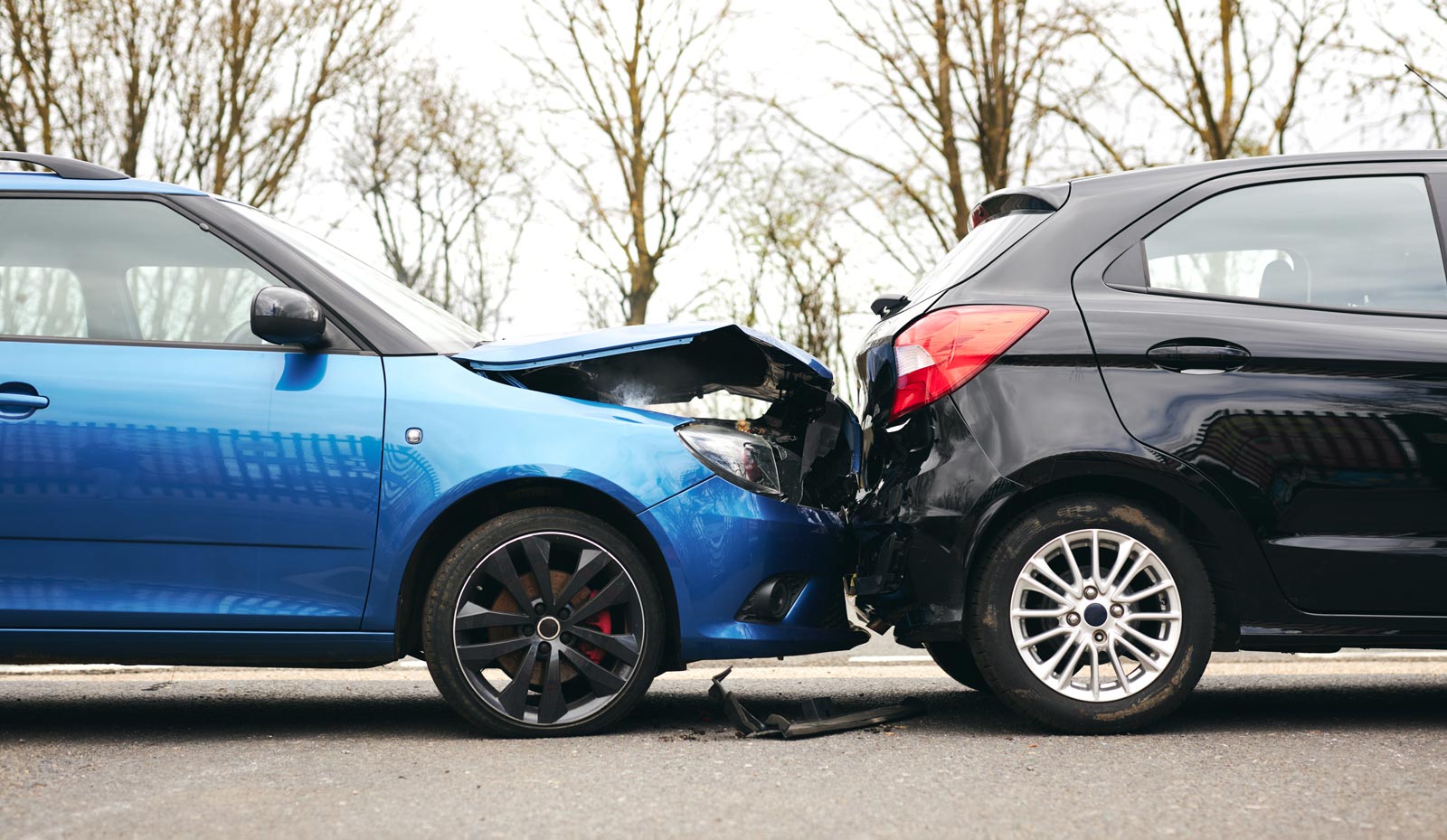There are a few key differences between a car accident claim for an adult and one for a child. These differences can have a significant impact on your ability to help your child get compensation for their injuries.
An injury could have a profound effect on your child’s life — causing temporary pain, permanent disability, or even psychological disorders. You should work with an experienced car accident attorney to maximize your child’s chances for a healthy and fulfilling life.
Keep reading to learn 4 ways your child’s car accident claim is different than an adult’s and how these disparities can impact their Texas personal injury claim.
1. A Minor Cannot File a Personal Injury Claim
Children under the age of 18 cannot file a personal injury claim. However, parents and guardians are eligible to file a claim on their behalf. Although the process of filing these claims is similar to filing a claim for your own injuries, it involves some complications, which we will discuss in later sections.
Another option is to wait until the child turns 18 and can file their own claim, but we typically do not recommend this option, as you could lose crucial evidence over time. Nevertheless, if the child is close to turning 18, they could benefit by filing a statute of limitations extension to avoid the complications of filing a personal injury claim for a minor.
2. Minors Have Extended Statute of Limitations
Personal injury statute of limitations laws detail how long a person has to file an injury claim. In cases involving a minor, rather than the statute being two years after the injury occurred, child injury claims have two extensions.
First, the statute extends to two years after their 18th birthday. This rule allows the child to file their own claim upon turning 18 rather than having their parent or guardian file for them.
Second, the statute extends two years after the time the injury was discovered. Some injuries (especially in younger children) are not discovered until the child’s bones, muscles, joints, or brain develops further. So this extension allows the parents or now-adult child to file a claim two years after the injury was diagnosed.
3. Child Injury Claims Require Court Approval
One of the most significant complications in a minor’s personal injury case is that even if the parties involved settle, the court has the power to reject a settlement or even a verdict.
The court’s primary concern is the child’s best interest, so to ensure that the child’s guardian acts accordingly, the court often appoints an ad litem — a representative who analyzes the case files and reports on whether the parents upheld the child’s interests. If the answer is no, the court can dismiss the case entirely.
“One of the most significant complications in a minor’s personal injury case is that even if the parties involved settle, the court has the power to reject a settlement or even a verdict.”
Guardians usually have the child’s best interest in mind during a personal injury case, but even the most well-meaning loved ones can make mistakes — the most critical being not hiring a skilled and experienced personal injury attorney. Parents who attempt to represent their children in court instead of hiring an attorney have a high chance of accidentally making errors that will get their child’s claim dismissed or result in a substantially lower settlement.
4. Child Cases Involve Different Compensations
Adults and children are entitled to similar compensation, with the exception of damages like loss of work or housekeeping capacity. Your child may receive compensation for damages such as:
- Pain and Suffering: Even temporary pain and disability can be traumatic for a child who may not even be old enough to understand what is happening to them.
- Emotional Distress: If young enough, a child might not remember or connect a car crash to their pain. But even toddlers can experience anxiety, depression, and PTSD from a car crash.
- Loss of Future Income: A child whose injuries will have an impact on their future ability to work might be entitled to compensation. This amount can be considerable since the child usually has their entire working adulthood ahead of them.
You might also be eligible to receive compensation for all medical bills and expenses you paid that relate to the child’s injuries and care. The court could award you these damages immediately to help cover the current and future costs. However, the court typically places damages for the child in a trust until they turn 18.
Crosley Law Represents Child Victims of Car Accidents
If your child has been injured in a car crash, please do not try to represent them yourself. Instead, contact Crosley Law.
At Crosley Law, we understand how traumatic an injury can be to a child and how difficult it is for you to see your child struggling or in pain.
Please let us help you get the compensation and resources your child deserves to make a full physical, mental, and financial recovery. Call us today at 210-LAW-3000 | 210-529-3000 or complete this brief online contact form to schedule your free consultation.
References
Office of Transit Records and Analysis. (May, 2010). Children injured in motor vehicle traffic crashes. Washington, DC: National Highway Traffic Safety Administration. Retrieved from https://crashstats.nhtsa.dot.gov/Api/Public/ViewPublication/811325
The content provided here is for informational purposes only and should not be construed as legal advice on any subject.









